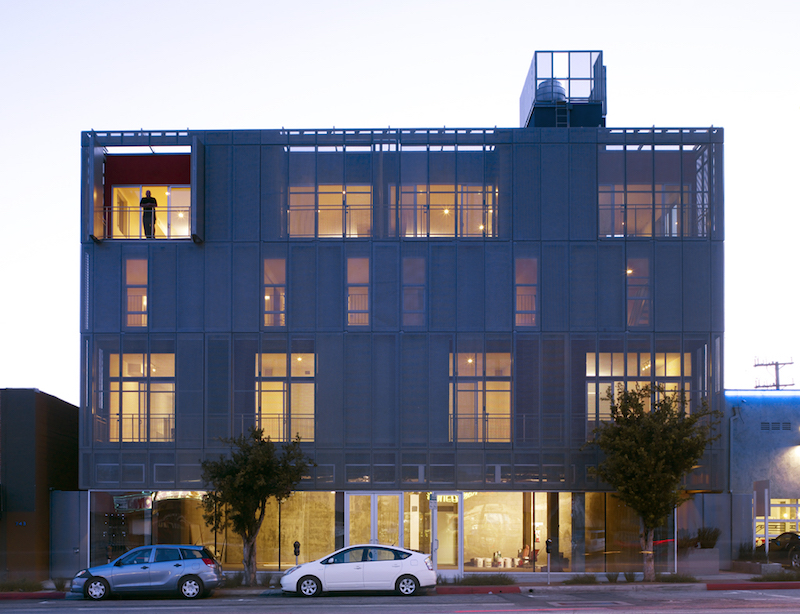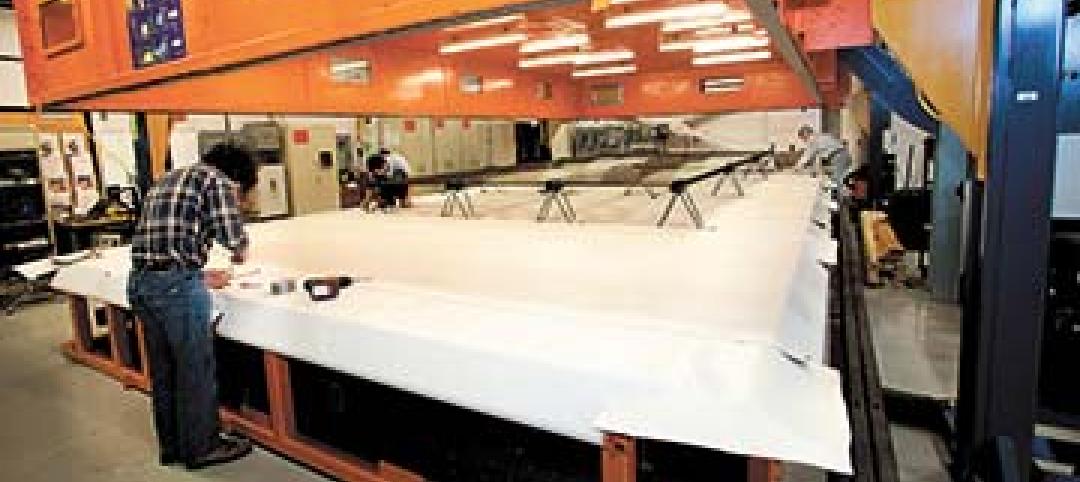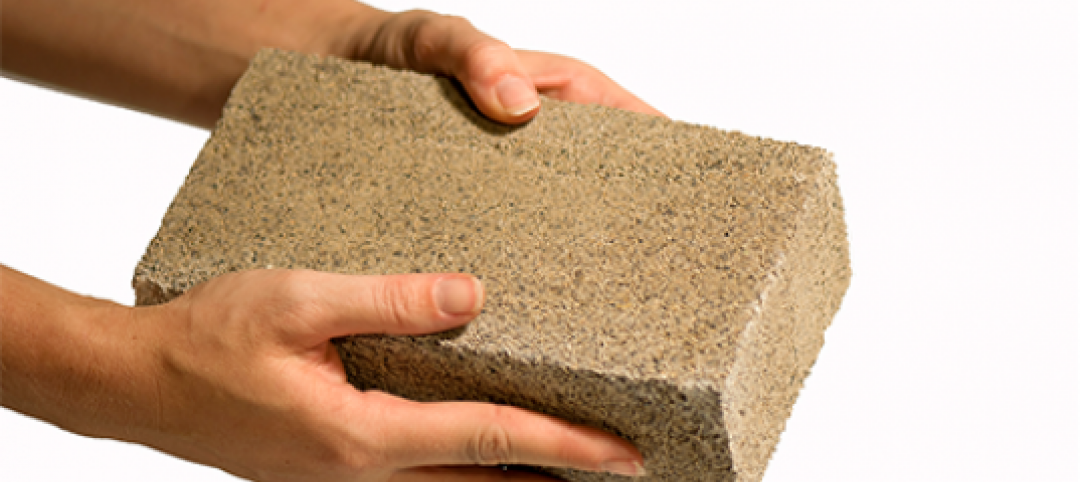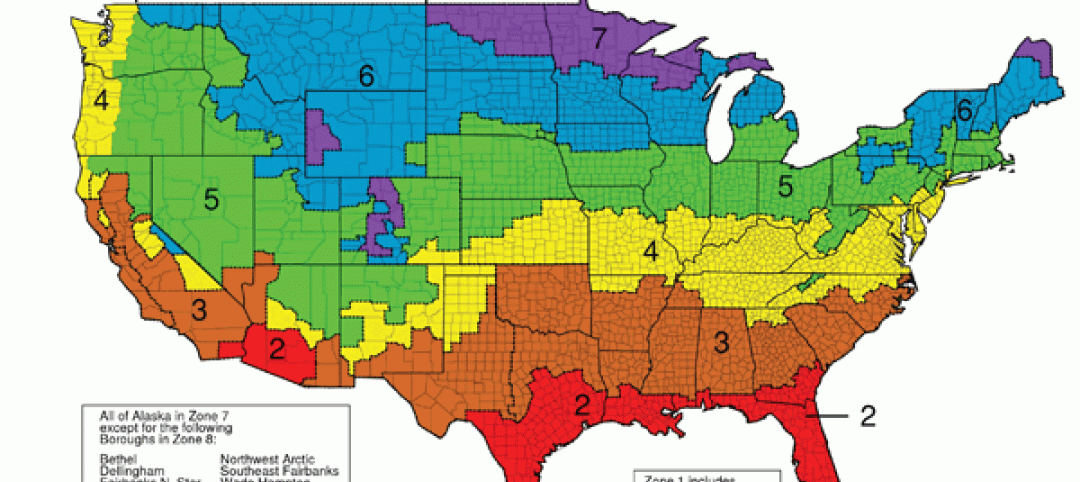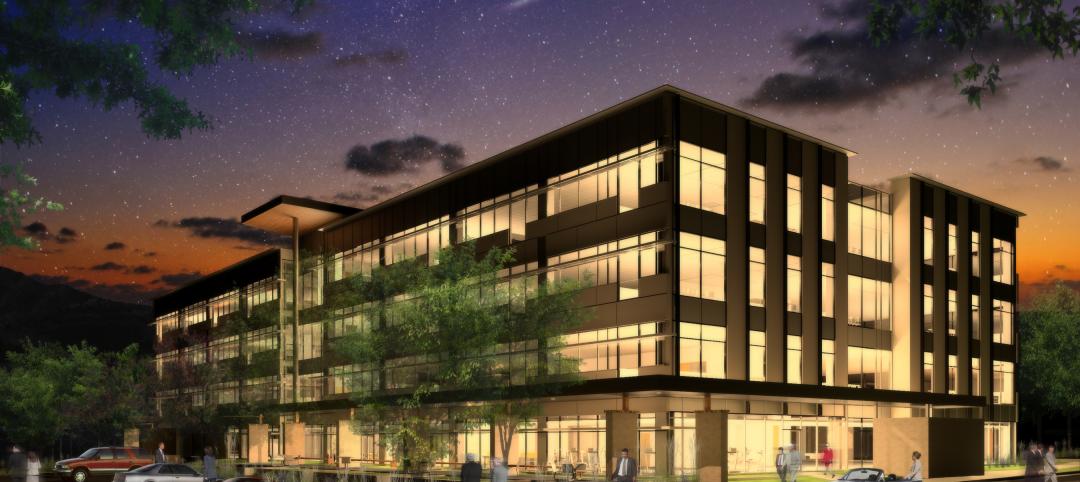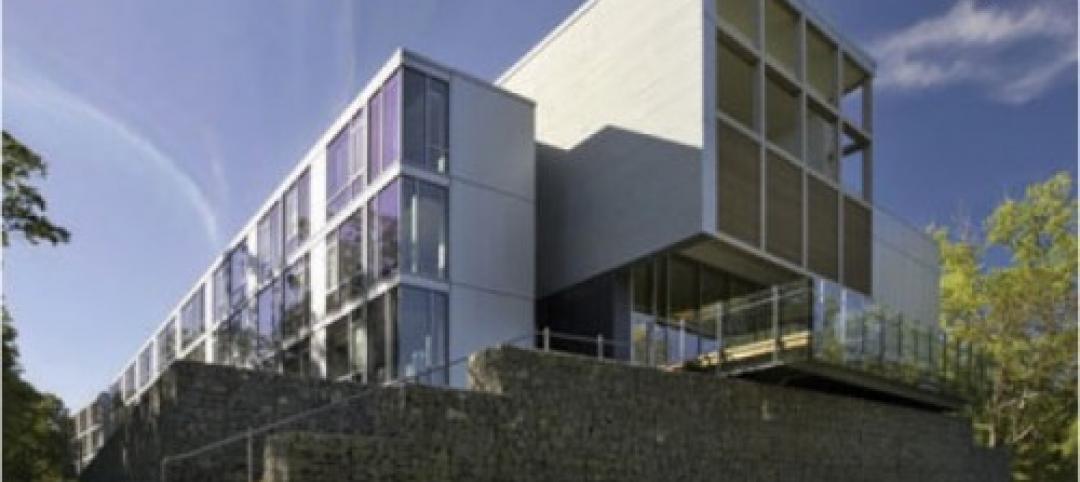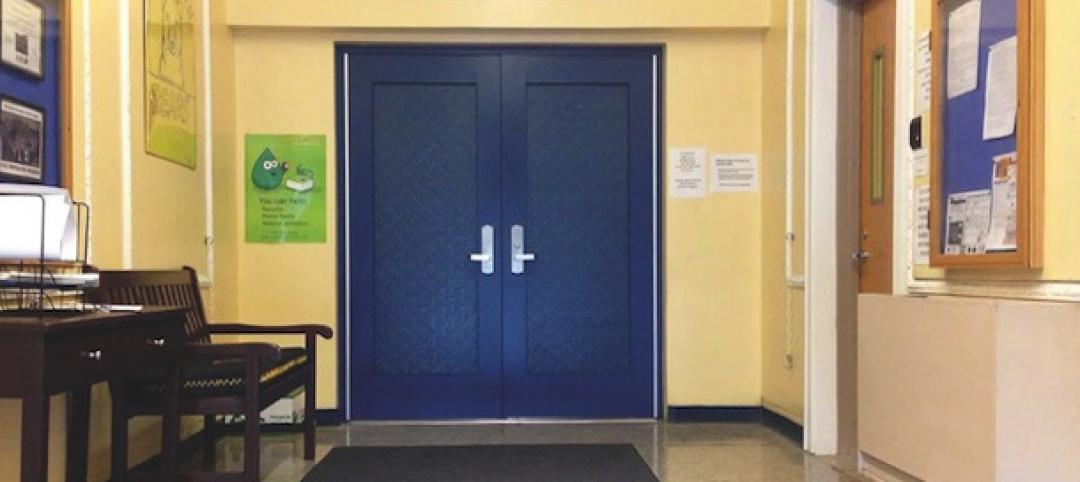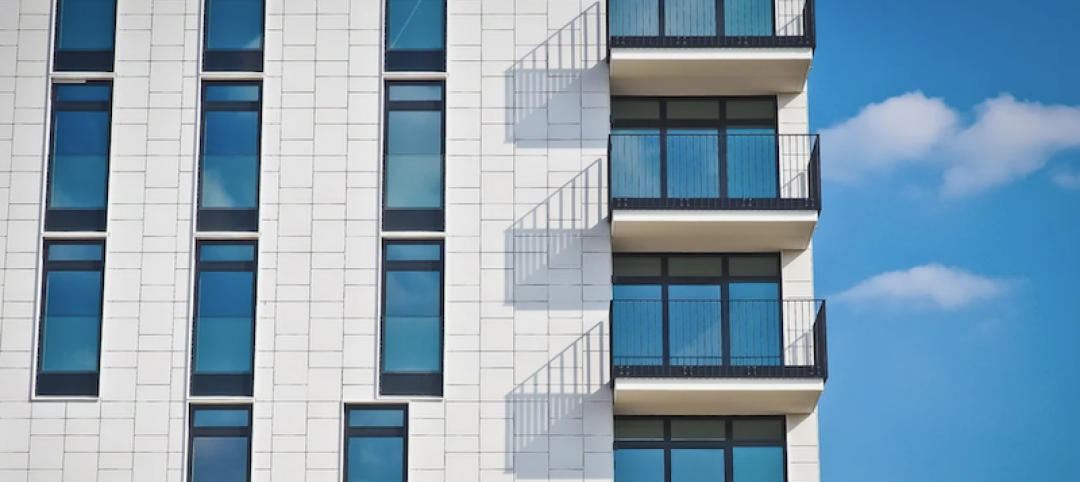The Passive House standard will become the base building code for commercial construction, and is having influence in the residential arena, according to some industry observers.
Critics have questioned whether Passive House makes sense on certain commercial and institutional applications such as multi-family and college housing. If occupants are not committed to saving energy, they argue, the benefits of the standard could be negated. If residents leave lights on and windows open, for example, the premium to build to the standard would not pay off.
Nevertheless, proponents say building with continuity in the thermal barrier makes a building more likely to prove its value in the long run. Furthermore, up to 30% of greenhouse gas emissions could be eliminated is Passive House standards are implemented widely.
One advocate said there is an average premium of about 5% in construction costs—a figure that is likely to decline. In a possible sign of things to come, Massachusetts has already included PHIUS+2015 standards as an alternative compliance path to prescriptive requirements in the 2015 International Energy Conservation Code. Other states are expected to follow suit.
Related Stories
| Jan 23, 2014
About 1,500 concrete buildings in Los Angeles found vulnerable to earthquakes
Some 1,500 concrete structures built in Los Angeles before 1980 could be vulnerable to earthquakes, according to University of California researchers.
| Jan 23, 2014
Low-slope roofs with PVs tested for wind uplift resistance
Tests showed winds can cause photovoltaic panels to destroy waterproof membranes.
| Jan 16, 2014
Bio-based materials could transform the future of sustainable building
Recent winners of the Cradle to Cradle Product Innovation Challenge include a brick made from bacterial byproducts and insulation created from agricultural waste products.
| Jan 16, 2014
The incandescent light bulb is not dead
Despite misleading media reports, January 1 did not mark a ban on the manufacture or import of 60-watt and 40-watt incandescent bulbs.
| Jan 16, 2014
ASHRAE revised climatic data for building design standards
ASHRAE Standard 169, Climatic Data for Building Design Standards, now includes climatic data for 5,564 locations throughout the world.
| Jan 15, 2014
ConsensusDocs releases updated subcontract for federal work
The new version addresses recent changes in federal contracting.
| Jan 15, 2014
First quarter 2014 LEED rating system addenda now available
There are 71 new LEED Interpretations, including 65 for Homes and Multifamily Midrise.
| Jan 10, 2014
What the states should do to prevent more school shootings
To tell the truth, I didn’t want to write about the terrible events of December 14, 2012, when 20 children and six adults were gunned down at Sandy Hook Elementary School in Newtown, Conn. I figured other media would provide ample coverage, and anything we did would look cheap or inappropriate. But two things turned me around.
| Jan 8, 2014
Strengthened sprinkler rules could aid push for mid-rise wood structures in Canada
Strengthened sprinkler regulations proposed for the 2015 National Building Code of Canada (NBCC) could help a movement to allow midrise wood structures.
| Jan 8, 2014
New materials should help boost sustainability in cities by 2020
Newer developments include windows made with nano-crystals that control intense heat penetration while lighting living areas from the outside.


